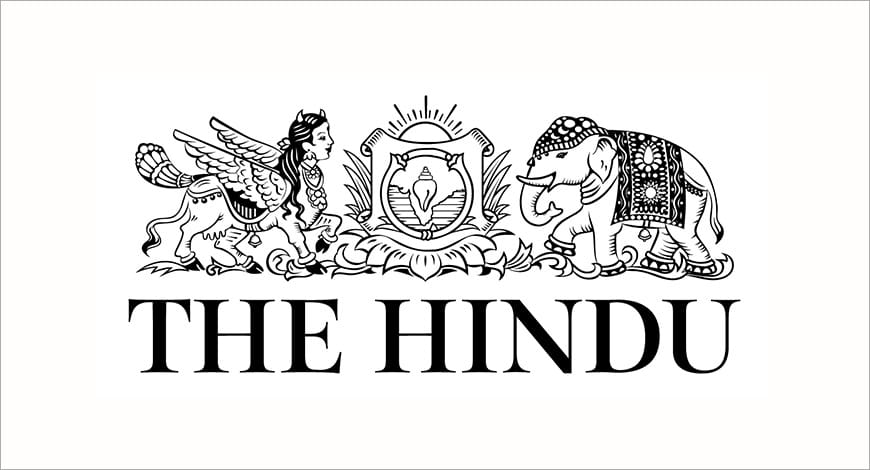Borrow from RBI to bridge GST gap, Centre tells States
- The Centre on Thursday acknowledged that States are likely to face a GST revenue gap of ₹3 lakh crore this year, as the economy may contract due to COVID-19, which Finance Minister Nirmala Sitharaman termed an unforeseen “act of God”. Compensation cess collections are only expected to bridge 22% of this gap.
- Of the remaining ₹2.35 lakh crore, the Centre said only ₹97,000 crore was due to GST implementation itself, rather than caused by the impact of COVID-19. At the GST Council meeting, it claimed that this ₹97,000 crore is the portion “hardwired” into the compensation law.
- “A special window could be provided, in consultation with the RBI, so that the States can get this ₹97,000 crore at a reasonable rate of interest, and this amount can be repaid after five years through the collection of cess.
- States choosing the first option, she would be willing to remove conditions around a further 0.5% relaxation in their borrowing limits under the FRBM Act.
States can have sub-groups among SC/STs, says court
- Sub classify Scheduled Castes and Scheduled Tribes in the Central List to provide preferential treatment to the “weakest of the weak”.
- Reservation has created inequalities within the reserved castes itself.
- ‘Struggle within castes’ There is a “caste struggle” within the reserved class as the benefits of reservation are being usurped by a few, the court pointed out.
- “The million dollar question is how to trickle down the benefit to the bottom rung. It is clear that caste, occupation, and poverty are interwoven. The State cannot be deprived of the power to take care of the qualitative and quantitative difference between different classes… to take ameliorative measures,”
‘Women entrepreneurs saw big revenue drop in lockdown’
- Women entrepreneurs experienced significant reduction in sales and revenues amid the COVID-19 lockdown. These entrepreneurs were looking to the government for support.
- The report urged the government to bring access to finance for women entrepreneurs under priority sector lending and as also enable loans at concessional rates, grant tax holidays, create a mentor network and enable them to be a vendor to public sector units and government departments.

